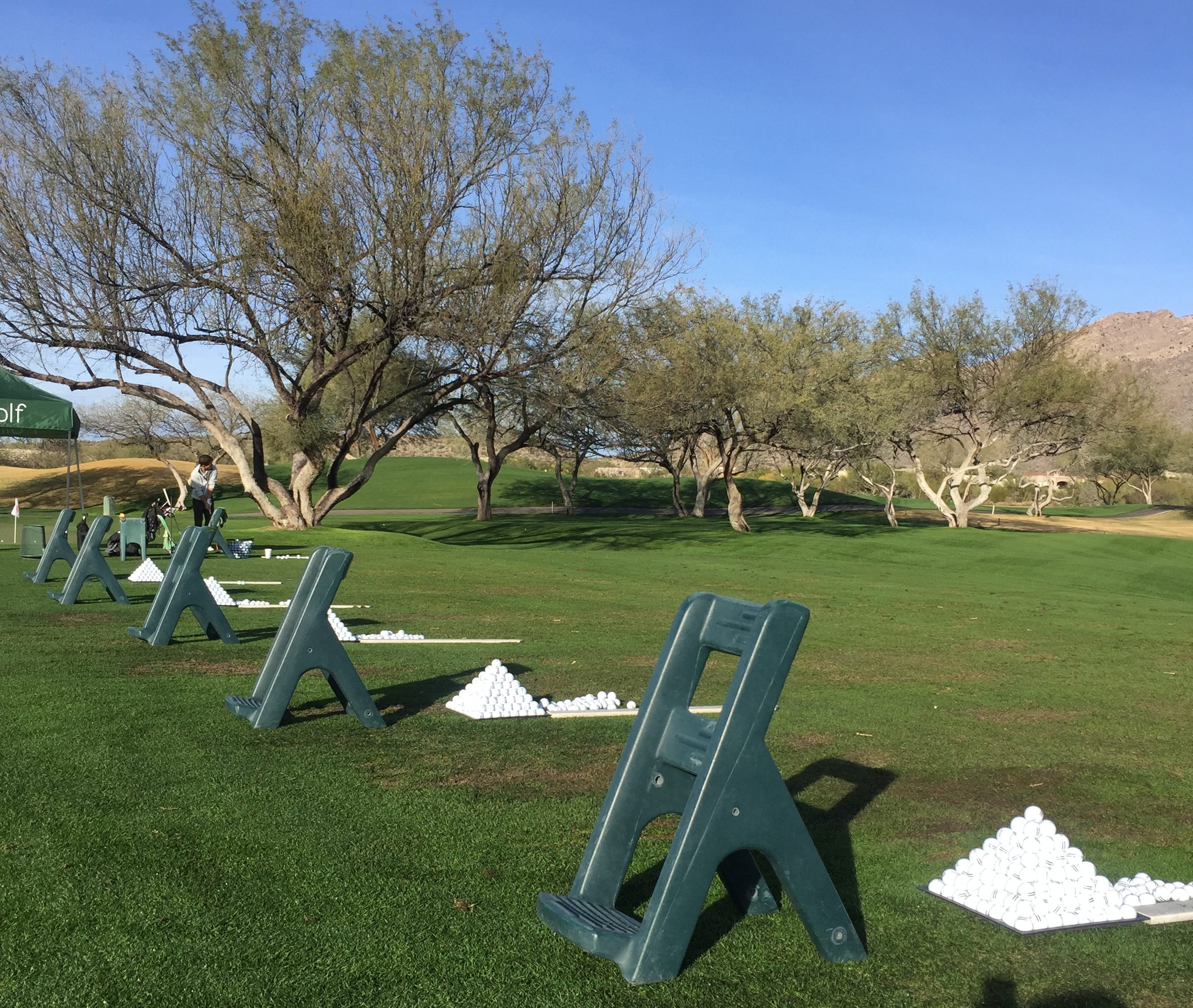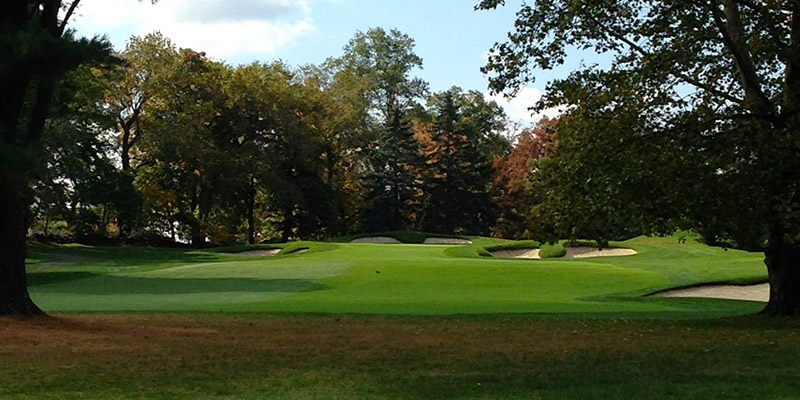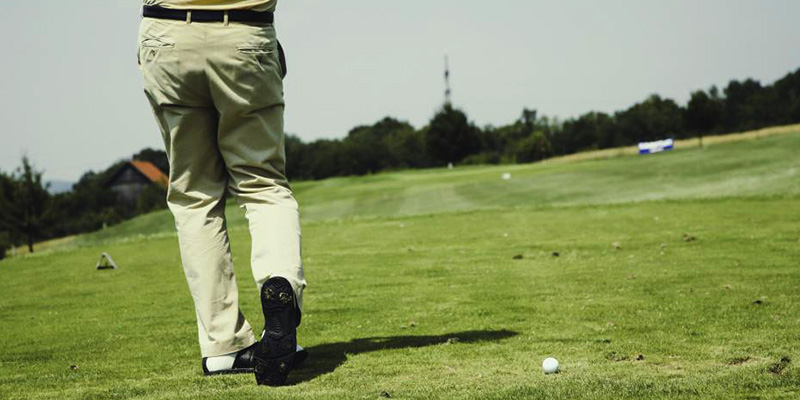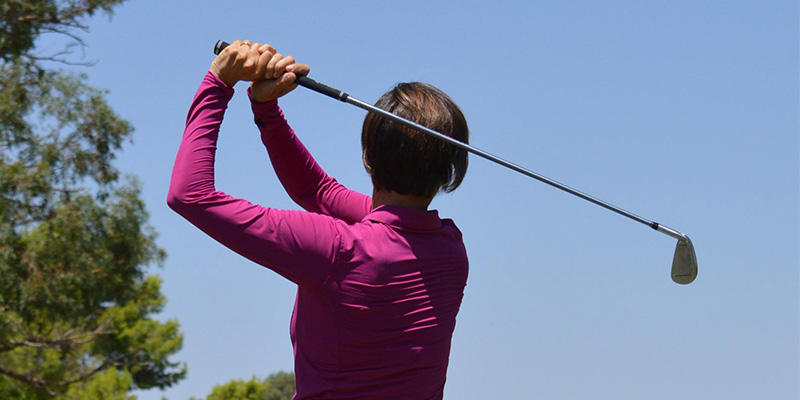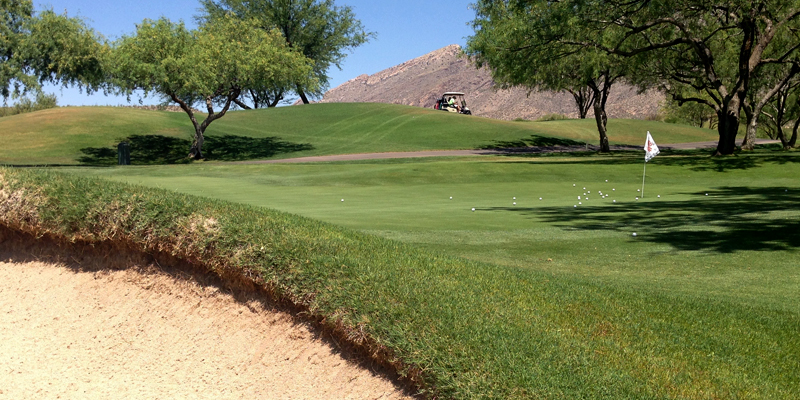Do you want learn to move without having to consciously “over think” your golf stroke when playing? Is this possible? It is, but how you spend your time and what you think about during your practice could be the determining factor.
First, let’s see practice a little differently. What if we called it training instead? Is there a difference in the two terms?
The term “practice ” suggests we are applying something; and the term “train ” has always suggested learning and developing something. For example, both medicine and law are practiced after they are learned. Baseball has spring training, but teams practice during the season.
Perhaps when we are learning something new we could tell ourselves we are “training”(developing and growing) something, then when there are missed shots our emotions will be accepting, because we are learning, not performing.
Training time is when you can learn and develop your trust in your golf motions.
This would be the time to have a picture of what you want to do and then just do it. You could simply do the movement over and over until the body becomes more coordinated with the motion and at this time you would not be making any evaluations. You give yourself the freedom to learn without criticism, analyzing or diagnosing your stroke.
When you are training your golf strokes you are spending time doing things. You are chipping, putting, driving the ball or creating shots. During this time is when you can develop the kind of golf movements that you can trust so that you can accomplish playing without overthinking.
SUGGESTIONS:
Train with a quiet mind
Train with a picture of what you want the club to do and use no words.
Train to learn to be nonjudgmental.
Train so that you can make your shot without step-by-step instructions.
Train without analyzing, judging, or correcting.
Train what you WANT to do, not what you want to fix.
Train movements that produce different shots.
Train golf strokes that produce a highball flight, a low-ball flight, and shots of different distances with the same golf club.
Train your golf strokes to have a feel of a Beginning and an Ending, and nothing extra in the middle.
Train so that when playing you put into practice a quiet mind, no “trying”, just allowing yourself to move with no conscious effort. A big benefit from Golf From Point A training is that you can trust what you have trained so fear has no place in your game!
Create “training” sessions that emotionally support the development and growth of what you want to put into “practice” when playing GOLF FROM POINT A.

